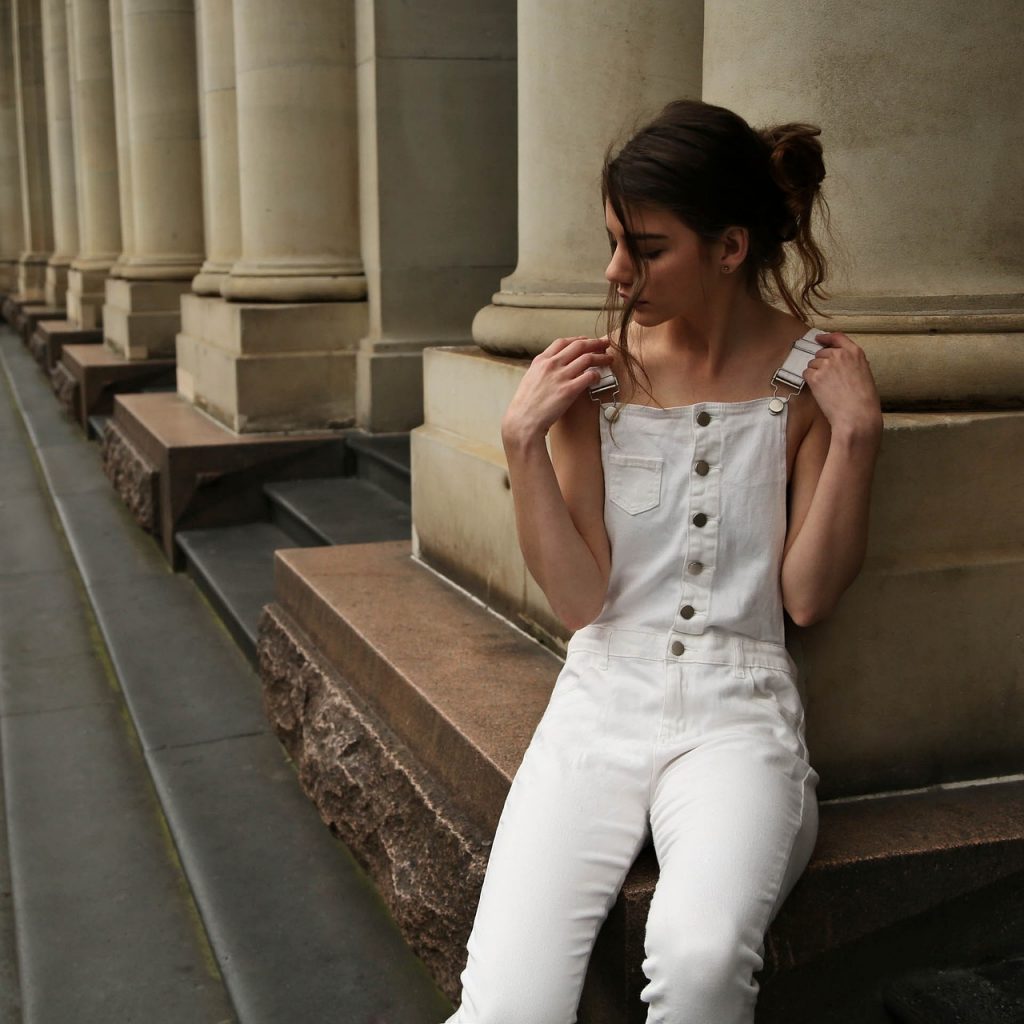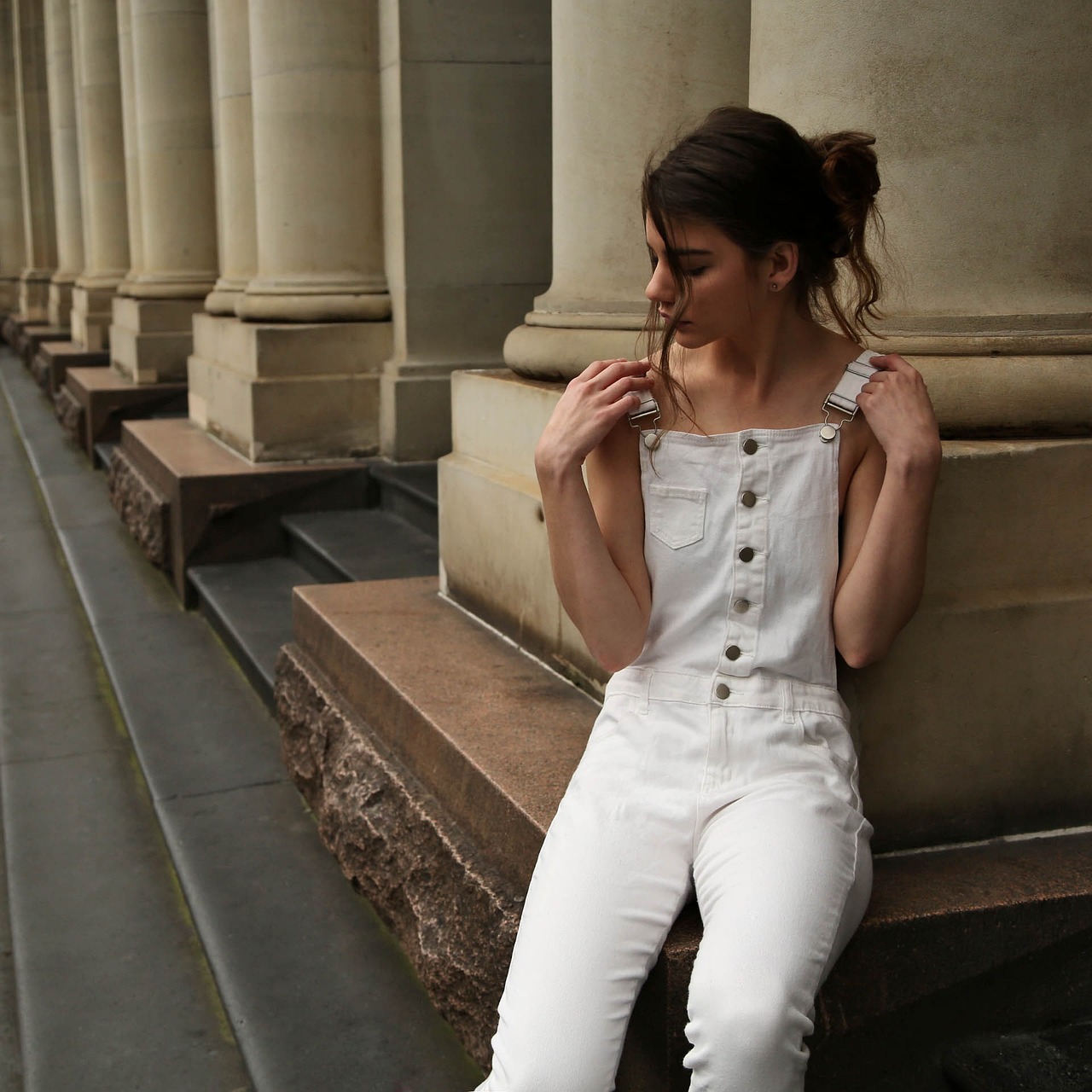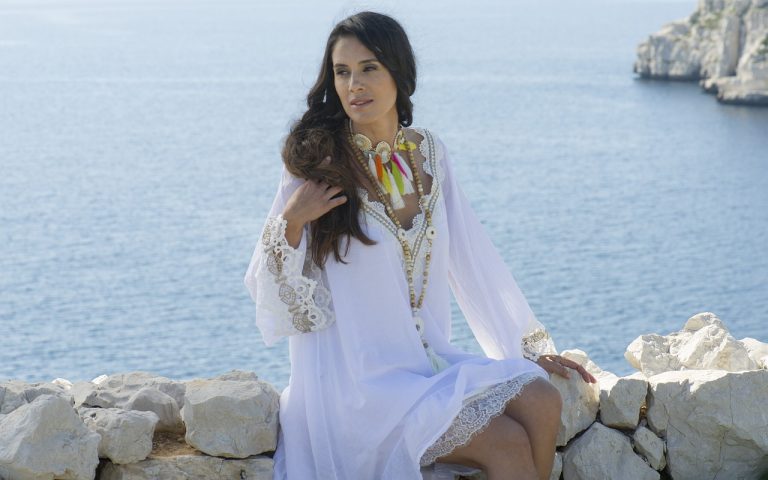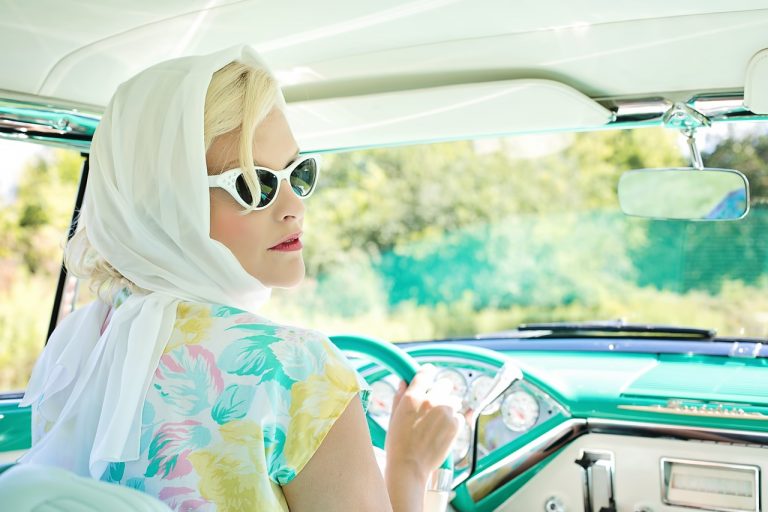Introduction
In the fast-paced world of fashion, where trends come and go in the blink of an eye, the environmental toll of fast fashion cannot be ignored. The growing mountains of discarded clothing contribute significantly to pollution and ecological degradation. However, a glimmer of hope shines through the concept of upcycled fashion, offering a sustainable and stylish alternative to the wasteful practices of the industry.
The Environmental Impact of Fast Fashion
The fashion industry, known for its rapid turnover of styles, has a colossal environmental footprint. Landfills overflow with discarded garments, and the production processes contribute to pollution and resource depletion. The urgency to address these issues has given rise to the upcycled fashion movement.
Understanding Upcycling
Upcycling stands out as a creative and eco-friendly solution to the problems posed by fast fashion. Unlike recycling, which breaks down materials into their basic forms, and repurposing, which uses items for a different function, upcycling involves transforming old materials into something of higher value without degradation.
Benefits of Upcycled Fashion
The benefits of upcycled fashion extend beyond the environmental. By repurposing old clothing, individuals can reduce their carbon footprint, contribute to the reduction of textile waste, and showcase a unique and personalized style that sets them apart from mass-produced fashion.

Challenges and Misconceptions
Despite its numerous advantages, upcycled fashion faces challenges and misconceptions. Common myths about the quality of upcycled garments need to be dispelled, and societal perceptions must shift to recognize the value of sustainable alternatives.
DIY Upcycling Projects
For those intrigued by the idea of upcycling, there are numerous do-it-yourself projects that turn old clothing into trendy, personalized pieces. Simple step-by-step guides make it accessible even for beginners, encouraging a broader adoption of upcycling practices.
Upcycled Fashion Brands
Leading upcycled fashion labels play a pivotal role in reshaping the industry. These brands not only produce high-quality, stylish pieces but also set an example for the entire fashion world by prioritizing sustainability in their practices.
Fashion Revolution: Consumer Awareness
Consumers have a crucial role in driving the fashion industry towards sustainability. By making informed choices and supporting upcycled fashion, individuals contribute to a broader movement demanding ethical practices from the fashion giants.
Upcycling and Social Responsibility
Upcycling goes beyond aesthetics and environmental concerns; it also contributes to social causes. Initiatives that empower marginalized groups and collaborations with local artisans showcase the social responsibility aspect of upcycled fashion.
Upcycling Materials Beyond Clothing
The scope of upcycling extends beyond clothing, encompassing accessories, home decor, and furnishings. Innovations in repurposing materials showcase the versatility of upcycling in various aspects of daily life.
Economic Viability of Upcycling
The economic benefits of upcycled fashion are noteworthy. As the market shifts towards sustainability, upcycling businesses not only provide eco-friendly options but also contribute to job creation and industry growth.
Educational Initiatives and Workshops
Education plays a crucial role in popularizing upcycling. Workshops and courses on upcycling techniques empower individuals to create their sustainable fashion, and encouraging schools and communities to adopt upcycling practices fosters a culture of environmental responsibility.

Upcycling in the Digital Age
In the digital age, social media and online platforms play a significant role in promoting upcycled fashion. Influencers and celebrities endorsing upcycled clothing contribute to its mainstream acceptance, and online platforms facilitate the buying and selling of unique upcycled pieces.
Future Trends in Upcycled Fashion
The future of upcycled fashion holds exciting possibilities. Technological innovations are likely to play a role in enhancing upcycling techniques, and collaborations between traditional and upcycled fashion may redefine the industry’s landscape.
Conclusion
Upcycled fashion is more than a trend; it’s a movement towards a more sustainable and responsible industry. By embracing upcycled clothing, individuals not only showcase their unique style but also contribute to a brighter and more eco-friendly future for fashion.
Frequently Asked Questions (FAQs)
- Is upcycled fashion only for those with a DIY inclination?
- While DIY projects are a popular aspect of upcycling, there are also numerous upcycled fashion brands offering stylish, ready-made options for those less inclined towards crafting.
- Do upcycled garments compromise on quality?
- No, upcycled fashion can be of high quality. Brands that specialize in upcycled clothing prioritize craftsmanship and materials to ensure both style and durability.
- How can consumers contribute to the upcycled fashion movement?
- Consumers can contribute by making informed choices, supporting upcycled brands, and raising awareness about sustainable fashion within their communities.
- Are upcycled fashion pieces more expensive than fast fashion items?
- While some upcycled pieces may have a higher initial cost, they often represent better value over time due to their durability and unique design.
- Can upcycled fashion really make a difference in the environmental impact of the industry?
- Yes, adopting upcycled fashion can significantly reduce the environmental impact of the fashion industry by decreasing textile waste and promoting sustainable practices.












+ There are no comments
Add yours